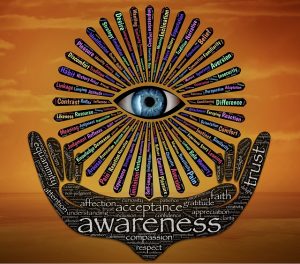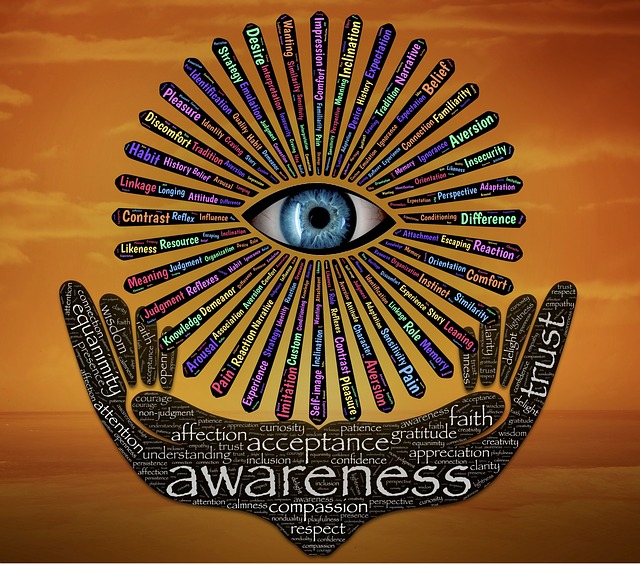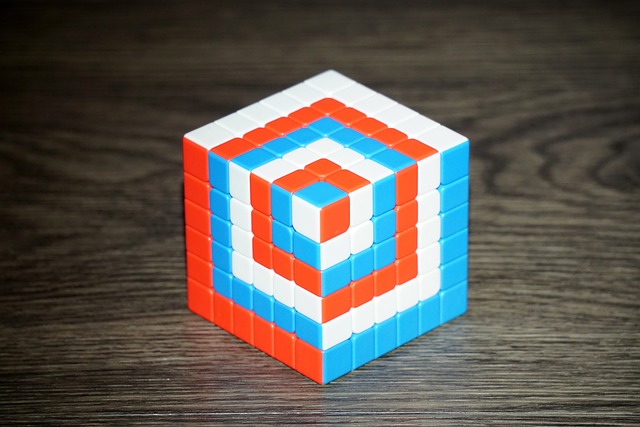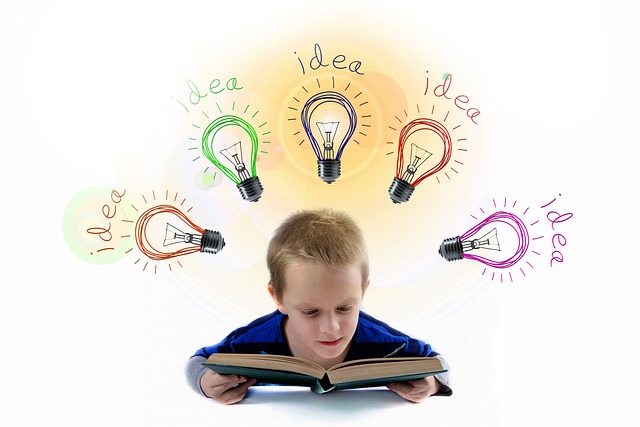Mental clarity is the ability to think clearly and make sound decisions. It is an essential aspect of our daily lives, as it helps us to stay focused, productive, and efficient. However, with the constant barrage of information and distractions in today’s world, achieving mental clarity can be challenging. Fortunately, there are several strategies that we can use to improve our mental clarity and enhance our overall well-being.
Understanding Mental Clarity
 Mental clarity refers to the state of having a clear and focused mind. It allows us to think critically, make rational decisions, and solve problems effectively. When we have mental clarity, we are better able to manage stress, maintain healthy relationships, and achieve our goals.
Mental clarity refers to the state of having a clear and focused mind. It allows us to think critically, make rational decisions, and solve problems effectively. When we have mental clarity, we are better able to manage stress, maintain healthy relationships, and achieve our goals.
There are several benefits of mental clarity. For one, it helps us to stay focused on the task at hand and avoid distractions. It also enables us to communicate more effectively with others and make better decisions. Additionally, mental clarity can improve our memory and cognitive function.
Several factors can affect our mental clarity. These include stress, lack of sleep, poor nutrition, and excessive screen time. By understanding these factors, we can take steps to improve our mental clarity.
Identifying Mental Clutter
Mental clutter refers to the accumulation of thoughts and ideas that clutter our minds and prevent us from thinking clearly. It can take many forms, including worry, anxiety, self-doubt, and negative self-talk.
Signs of mental clutter include feeling overwhelmed or scattered, having difficulty concentrating or making decisions, and experiencing anxiety or depression. Mental clutter can also manifest as physical symptoms such as headaches or fatigue.
Mental clutter can have a significant impact on our mental clarity. It can prevent us from focusing on important tasks or making sound decisions. By identifying the types of mental clutter that affect us most and learning how to manage them effectively, we can improve our mental clarity.
Establishing a Routine
Establishing a routine is an essential strategy for improving mental clarity. A routine helps us to establish healthy habits and create structure in our lives. It can also reduce stress and increase productivity.
To create a routine, start by identifying your priorities and setting goals. Then, create a schedule that includes time for work, exercise, relaxation, and socializing. Be sure to include time for self-care activities such as meditation or yoga.
Examples of routines for mental clarity include waking up at the same time each day, taking breaks throughout the day to stretch or meditate, and setting aside time each week for self-reflection.
Exercising Your Mind
Mental exercises are another effective strategy for improving mental clarity. These exercises help to strengthen our cognitive abilities and improve our memory and focus.
Types of mental exercises include puzzles, brain teasers, and memory games. Reading, writing, and learning new skills can also help to exercise the mind.
To incorporate mental exercises into your routine, set aside time each day to engage in these activities. You can also challenge yourself by trying new types of mental exercises or increasing the difficulty level of existing ones.
Eating for Clarity
Eating a healthy diet is essential for maintaining mental clarity. Certain foods can improve cognitive function and boost brain health, while others can hinder it.
Foods that improve mental clarity include fruits and vegetables, whole grains, lean protein sources, and healthy fats such as omega-3 fatty acids. Foods that hinder mental clarity include processed foods, sugary drinks, and foods high in saturated fat.
To incorporate brain-boosting foods into your diet, focus on eating a variety of nutrient-dense foods. Avoid processed foods and sugary drinks as much as possible. You can also try incorporating brain-boosting supplements such as omega-3 fatty acids or B vitamins into your diet.
Practicing Mindfulness
Mindfulness is the practice of being present in the moment and fully engaged in our surroundings. It can help to reduce stress, improve focus, and enhance overall well-being.
To practice mindfulness, start by setting aside time each day to engage in mindfulness activities such as meditation or deep breathing. You can also practice mindfulness throughout the day by focusing on your senses and being fully present in each moment.
Seeking Professional Help
In some cases, seeking professional help may be necessary to improve mental clarity. Mental health professionals such as therapists or counselors can provide support and guidance for managing mental clutter and improving overall well-being.
To find a mental health professional, start by asking for recommendations from friends or family members. You can also search online for mental health professionals in your area.
Improving mental clarity is essential for maintaining overall well-being and achieving our goals. By understanding the factors that affect mental clarity and implementing strategies such as establishing a routine, exercising the mind, eating for clarity, practicing mindfulness, and seeking professional help when necessary, we can improve our mental clarity and enhance our quality of life. Remember to prioritize mental clarity in your daily life and make it a priority to achieve it.









